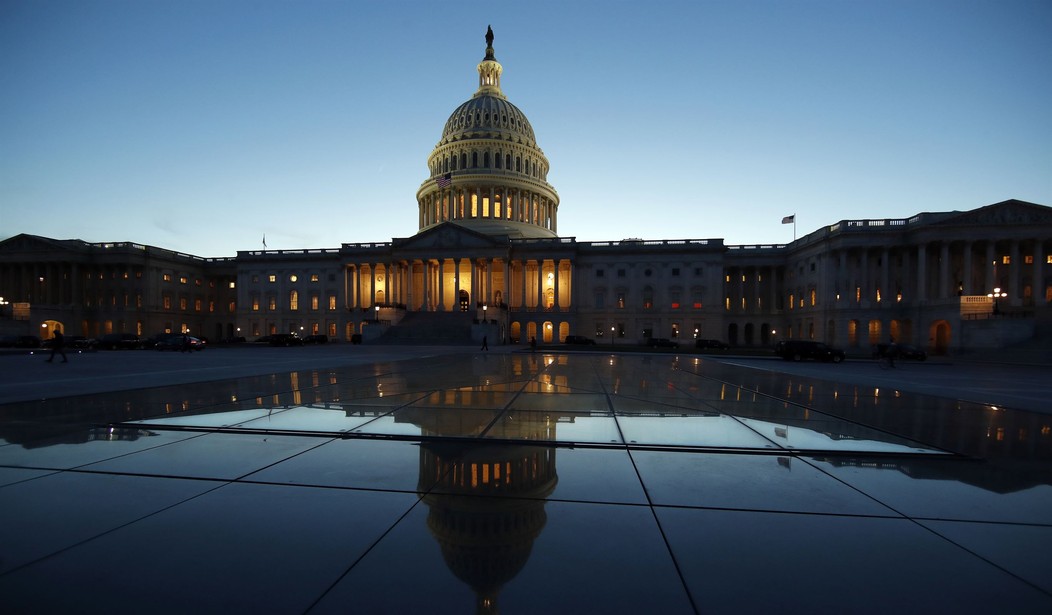The Treasury Department recently released its final analysis of the budget for the 2021 fiscal year, and one particular statistic involving corporate tax rates flies in the face of what the Biden administration and congressional Democrats have proposed for future budgets.
The numbers bear out the notion that the 2017 tax cuts provided a benefit to the economy by bringing in more corporate tax revenue.
Bruce Thompson explains the numbers over at the Washington Examiner:
The numbers show that corporate tax receipts increased 75% to $372 billion, the highest level of corporate taxes ever collected. Corporate tax receipts are now $75 billion higher than they were before the 2017 tax cuts.
Total federal tax collections were $4.046 trillion, $465 billion higher than the Treasury estimated in May. This $465 billion in increased revenue is more than a 25% corporate rate hike would raise over 10 years.
In other words, the Democrats’ plan to raise the corporate tax rate is foolish.
The same thing happened in the ’60s when the tax cuts that went into effect during the Kennedy administration increased revenue by 65% between 1965 and 1970. May I remind you that those tax cuts came from a Democratic administration?
Related: ‘Trickle-Up’ Economics: Minimum Global Corporate Tax Rate Set at 15%
Why can’t today’s Democrats look at this analysis and see why they should leave corporate tax rates where they are? It’s because this current crop of Democrats is more obsessed with the notion that corporations don’t “pay their fair share.”
The Center for Budget and Policy Priorities believes that higher corporate taxes would be “fairer.” A recent article from them declares:
-
First, raising taxes on corporations would make the tax code more progressive while helping to generate the revenue needed to help finance investments that would promote an equitable recovery;
-
Second, the dramatic corporate tax cuts of 2017 provided few benefits to the economy in general and to low- and middle-income households in particular;
-
Third, raising corporate taxes by a modest amount will not undermine the economic recovery and, in fact, using those revenues to finance needed investments will help make the economy stronger; and
-
Fourth, reducing the favorable tax treatment for offshore profits and investments, which the 2017 law largely did not do, would ensure that U.S. multinationals pay their fair share while positioning the United States as a leader in global tax negotiations.
While another group called Americans for Tax Fairness believes in part that corporations should have a higher tax rate because polls say so:
-
A Hart Research Associates poll of 1,000 likely voters in January 2013 found the following:
-
64% of voters believe that large corporations should pay more in taxes than they do now.
-
78% of voters believe that making sure big corporations pay their fair share of taxes is an important budget goal (55% extremely important), and 80% say the same about closing tax loopholes that benefit big corporations.
Just because certain survey subjects think something is true doesn’t make it right.
Budget analysis has proven time and time again that lower corporate tax rates bring in more revenue and often return business to the U.S. from overseas.
Thompson writes:
As President Kennedy said in 1962, “an economy hampered by restrictive tax rates will never produce enough revenue” to reduce budget deficits. Democrats should take Kennedy’s advice and drop the higher corporate tax rate.
It’s not about fairness. It’s about setting up a climate where corporations bring more revenue into the federal budget. But the Democrats of 2021 will never believe that truth.










Join the conversation as a VIP Member